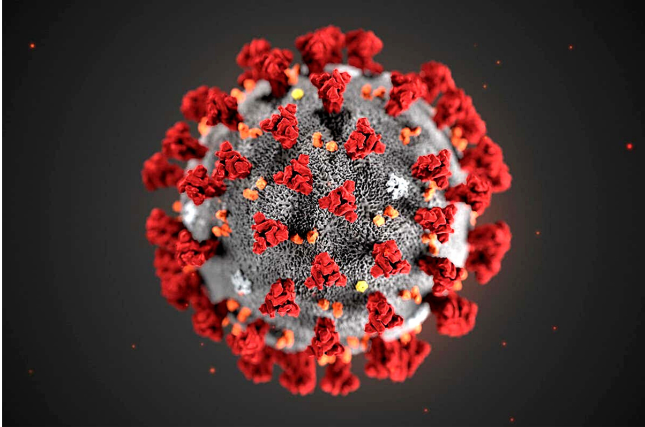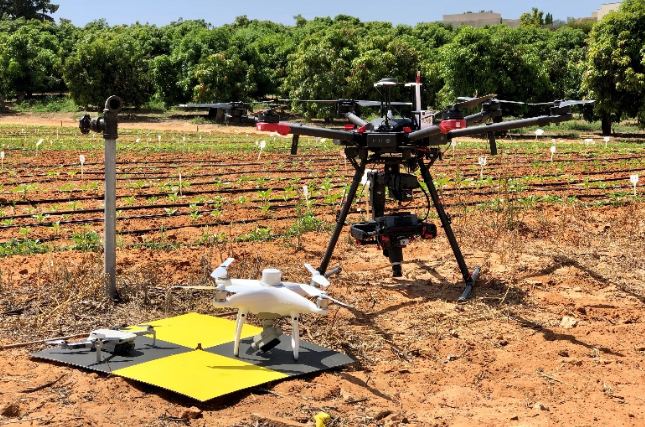Position Summary:
The CEO of AFHU will join the organization at a pivotal moment in time, succeeding a successful leader and building on a legacy of tremendous growth. In partnership with Hebrew University, a high-performing team, and a committed Board, the new CEO will grow the donor base, build new collaborations, and position the organization to achieve even more ambitious goals.
The CEO is accountable for the financial and operational management of AFHU, and for executing a shared strategic vision to meet Hebrew University’s priorities and fundraising goals. The CEO of AFHU works closely with the Hebrew University administration and faculty and will lead a culture of cooperation and transparency with colleagues across the University. The trusted partnership between the University and AFHU is critical to success. The CEO will work closely with the Board of AFHU to build a best-in-class fundraising apparatus and infrastructure across the United States, lead a high-performing executive management team, and galvanize resources from individual donors, foundations, and beyond. A central part of the CEO’s role is the recruitment, training, and retention of development staff. It will be important for the future success of AFHU that the organization creates a dynamic, supportive, and effective development team that is impactful with donors across the United States.
The Chief Executive will:
Monitor the fundraising team’s progress against performance targets, review and approve service strategies, metrics, and budgets; and ensure that succession plans are in place and current for all resource development leadership positions.
Have overall responsibility for the day-to-day management of the organization, including strategic, fiscal, and operational accountability.
Lead the organization’s management team in prioritizing, implementing and enhancing its resources in order to create impact.
Ensure that all activities and programs meet the highest standards of ethics, governance, and transparency and are aligned with AFHU’s core values.
The CEO will be a front-facing leader who is responsible for managing and soliciting a portfolio of major and principal prospects and cultivating senior-level relationships with a variety of donors, including individuals, foundations, and other partners within and outside of the Hebrew University alumni community. The CEO will lead a team of major gifts staff managing their own portfolios and will ensure that, at all times, AFHU works collaboratively with the Hebrew University.
Overview:
The CEO will be an inspiring and engaging individual with proven ability to build organizational capacity, strong leadership and management skills, and excellent fundraising acumen.
They will also possess a commitment to the mission and values of the Hebrew University paired with strong interpersonal skills to cultivate new and build on existing partnerships. As a senior spokesperson for Hebrew University, the CEO must be an outstanding communicator with the stature, gravitas, and credibility to cultivate relationships at the highest levels across a variety of donors and partners.
Pivotal Experience & Expertise:
Strategic Leadership – A proven track record of developing and/or implementing a strategic plan and enhancing an organization’s capacity and impact, ideally in a fundraising organization.
Someone who quickly grasps the opportunities and challenges of the organization and the role and understands how to work effectively with the Board and the broader AFHU structure, has the capacity to develop innovative and creative fundraising plans that integrate multiple priorities and goals, and has a strong analytical mindset and uses data to support thinking and decision-making; the inclination to seek and analyze data from a variety of sources to support decisions and to align others with the organization’s overall strategy.
Team Leadership & Management – Demonstrated strong leadership and people management skills, including a previous track record of leading a fundraising team to be successful.
Someone who has the personal inclination and professional ability to be a positive and unifying figure who can lead by influence and example, in order to continue strengthening a collaborative development culture between AFHU and Hebrew University. A leader who is viewed by others as having a high degree of integrity and forethought in his/her approach to making decisions.
Fundraising – Strong experience and ability to raise substantial sums of money from a variety of sources. Track record of coaching a team of fundraisers to execute campaigns.
Culture Fit & Impact:
Mission Orientation – Strong connection to and passion for the purpose of AFHU: to connect the passions of Americans to the talent at the Hebrew University of Jerusalem.
Relationship-Builder – Strong interpersonal skills and demonstrated ability building relationships, networks, and partnerships both internally and externally. Proven commitment to building consensus across the organization, but also the professional courage to make and communicate tough decisions when necessary.
Ambassador – Articulate communicator and ambassador for AFHU and HU with all audiences; knowledgeable of the issues affecting the university with the ability to advocate and communicate these issues.
Engagement Team:
Nominations and applications can be directed to: [email protected]
J.J. Cutler: Phone: + 1 215 527 0658 Email: [email protected]
Jackie Zavitz: Phone: + 1 215 901 9098 Email: [email protected]
Erin Kneeley: Phone: + 1 215 636 5066 Email: [email protected]
Ana Rosado: Phone: +1 212 699 3007 Email: [email protected]




